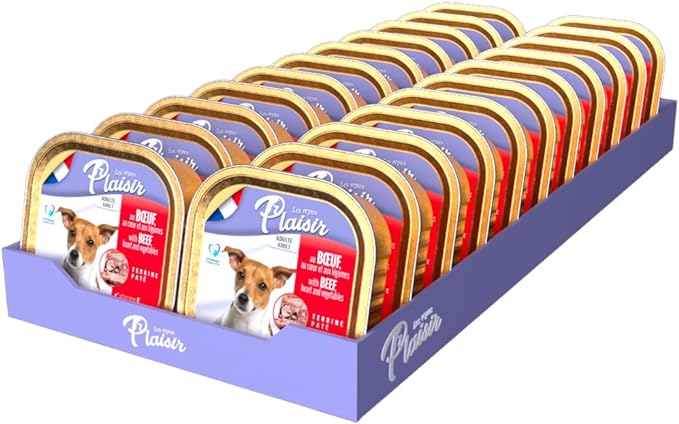Choosing the best dog food for your furry friend is a decision that shouldn’t be taken lightly. After all, your dog’s diet plays a crucial role in their overall health and well-being. So many options available on the market, that it can be overwhelming to determine which dog food is the best choice. Today In this article, I’ll try to explain everything you need to know about how you can make an informed decision, and ensure that your dog receives the nutrition they need to thrive.
Understanding Your Dog’s Nutritional Needs

Before delving into the specifics of dog food options, it’s important to understand how essential your dog’s nutritional requirements are. Dogs require a balanced diet that needs protein, carbohydrates, fats, vitamins, and minerals. The proportions of these nutrients may vary depending on factors such as age, breed, size, and activity level.
Protein

Protein is a crucial component of your dog’s diet as it provides the building blocks for healthy muscles, tissues, and organs. Look for dog foods that list a high-quality protein source, such as chicken, beef, fish, or lamb, as the first ingredient.
Carbohydrates

Carbohydrates serve as a source of energy for your dog. While dogs don’t require carbohydrates in the same way humans do, they can still benefit from complex carbohydrates found in ingredients like brown rice, sweet potatoes, and barley.
Fats

Healthy fats are essential for maintaining your dog’s skin and coat health, as well as supporting various bodily functions. Opt for dog foods that contain omega-3 and omega-6 fatty acids from sources like salmon oil, flaxseed, or chicken fat.
Vitamins and Minerals

Vitamins and minerals play a crucial role in supporting your dog’s immune system, bone health, and overall well-being. Look for dog foods that are fortified with essential vitamins and minerals, or consider adding supplements as needed.
Types of Dog Food
When it comes to choosing the best dog food, there are several types to consider, each with its own set of pros and cons.
Dry Dog Food
Dry dog food, also known as kibble, is a popular option due to its convenience and affordability. It typically has a longer shelf life and can help promote dental health by reducing plaque and tartar buildup.
Wet Dog Food
Wet dog food, often sold in cans or pouches, is higher in moisture content and can be more palatable for picky eaters. It’s an excellent option for dogs with dental issues or those who need to increase their water intake.
Raw Dog Food

Raw dog food diets, which consist of uncooked meat, bones, fruits, and vegetables, have gained popularity in recent years. Proponents claim that raw diets more closely resemble what dogs would eat in the wild and offer various health benefits.
Homemade Dog Food

Some pet owners opt to prepare homemade dog food to have complete control over the ingredients and avoid fillers and additives found in commercial dog foods. However, it’s essential to ensure that homemade diets are nutritionally balanced and meet your dog’s specific dietary needs.
Factors to Consider When Choosing Dog Food
With so many options available, it’s essential to consider several factors to determine the best dog food for your pet.
Age and Life Stage
Puppies, adult dogs, seniors, and pregnant or nursing dogs have different nutritional requirements. Choose a dog food formula specifically designed to meet your dog’s age and life stage.
Breed and Size
Large and giant breed dogs have different nutritional needs than small or toy breeds. Select a dog food formula tailored to your dog’s breed size to ensure they receive the appropriate nutrients.
Health Considerations
If your dog has specific health issues, such as allergies, digestive issues, or joint problems, consult with your veterinarian to find a dog food formula that addresses their unique needs.
If you want to know about healthy superfoods for your dog you can read this
10 Super food Your Dog Needs for a Long and Healthy Life
Ingredients and Quality
Carefully review the ingredients list on dog food labels and opt for products made with high-quality, natural ingredients without fillers, by-products, or artificial additives.
Conclusion
Choosing the best dog food for your canine companion is a decision that requires careful consideration. By understanding your dog’s nutritional needs, exploring different types of dog food, and considering factors such as age, breed, and health considerations, you can make an informed choice that promotes your dog’s overall health and well-being.


